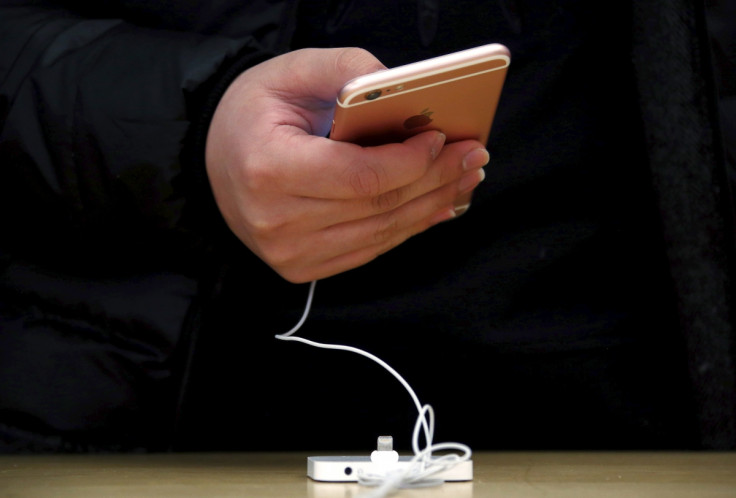Phone batteries could last weeks with smart display breakthrough

The pain of having to constantly recharge your smartphone after just a day of use could become a thing of the past after a breakthrough in display technology means that mobile battery life could be extended to weeks instead of hours. A new smart material created by Bodle Technologies is said to be able to dramatically reduce the energy required to power a display, meaning it could free up plenty of juice to play Candy Crush without worrying that it will drain your battery.
The displays on smartphones are getting bigger, brighter and more demanding on battery power. If we're lucky we might get two days full use out of the latest handsets and then there are smartwatches that also use displays that sucking up energy, which leaves us recharging them every night. Hardly smart.
However, the breakthrough development from the Oxford University spin-out company has created a display that uses virtually no power. Instead of illuminating the whole screen, it uses an electrical pulse that causes coloured nano-pixels to turn on and off at will to create an what is says is an extremely high-resolution display'. With smartphones using an estimed 90% of their battery powering the screen, this could be the answer manufacturers have been seeking to solve the battery conundrum.
Called a phase-change material, it can morph from an amorphous to crystalline state through electrical pulse and the team found that by sandwiching a thin layer of it between electrodes they could "draw" images. On a larger scale this could form the next displays of future generations of smartphones and smartwatches should the resolution be as sharp and vivid as the researchers claim. It is believed the company is already in talks with several of the biggest electronics manufacturers.
But it's not just smartphones or televisions where this would see groundbreaking deployment. The technology is being readied for smart glazing on windows, where it would automatically block out infrared waves to keep buildings cool and rely less on air conditioning. It's also being eyed up for use on car windscreens, smart glasses and, thanks to its thinness, it could pave the way for the so-far elusive foldable screen.
''We will be creating smart glazing which allows only certain wavelengths of light into a building, giving instant control over both the heat and light being transmitted, and over the appearance of the glass," said Professor Harish Bhaskaran, who is leading the research. "We will also be working on other applications for these thin film materials including novel reflective displays and security markings. This technology is capable of providing vivid colour displays which appear similar to paper, yet with very high resolution. It is also capable of rendering extremely high-resolution videos that can be seen in bright sunlight."
While a commercial release date has not been revealed, Bodle has come up with a low-cost method to produce a prototype within 12 months. The encouraging news is the amount of ''significant'' funding behind the project, meaning this hopefully won't become vapourware.
© Copyright IBTimes 2025. All rights reserved.






















